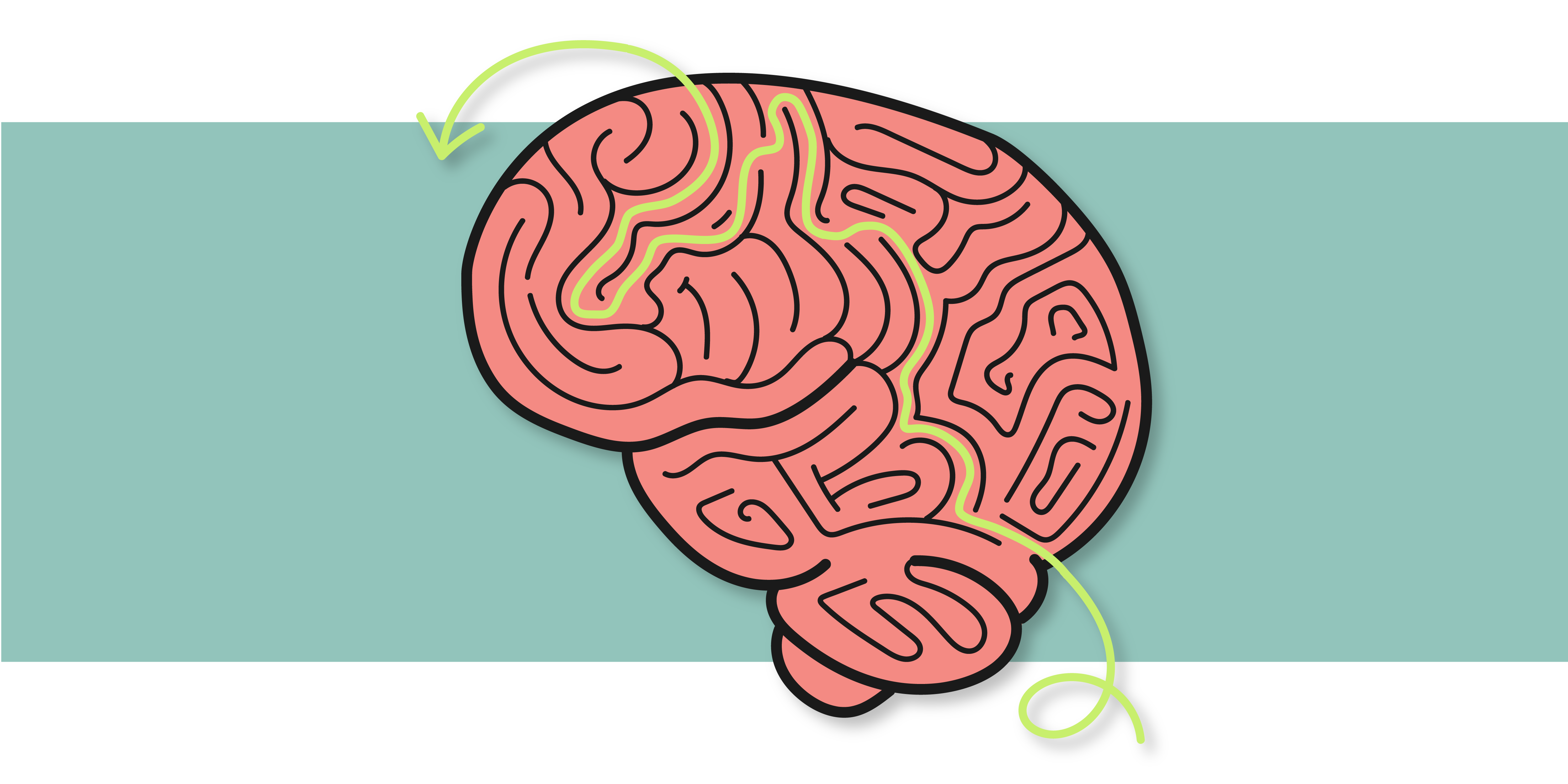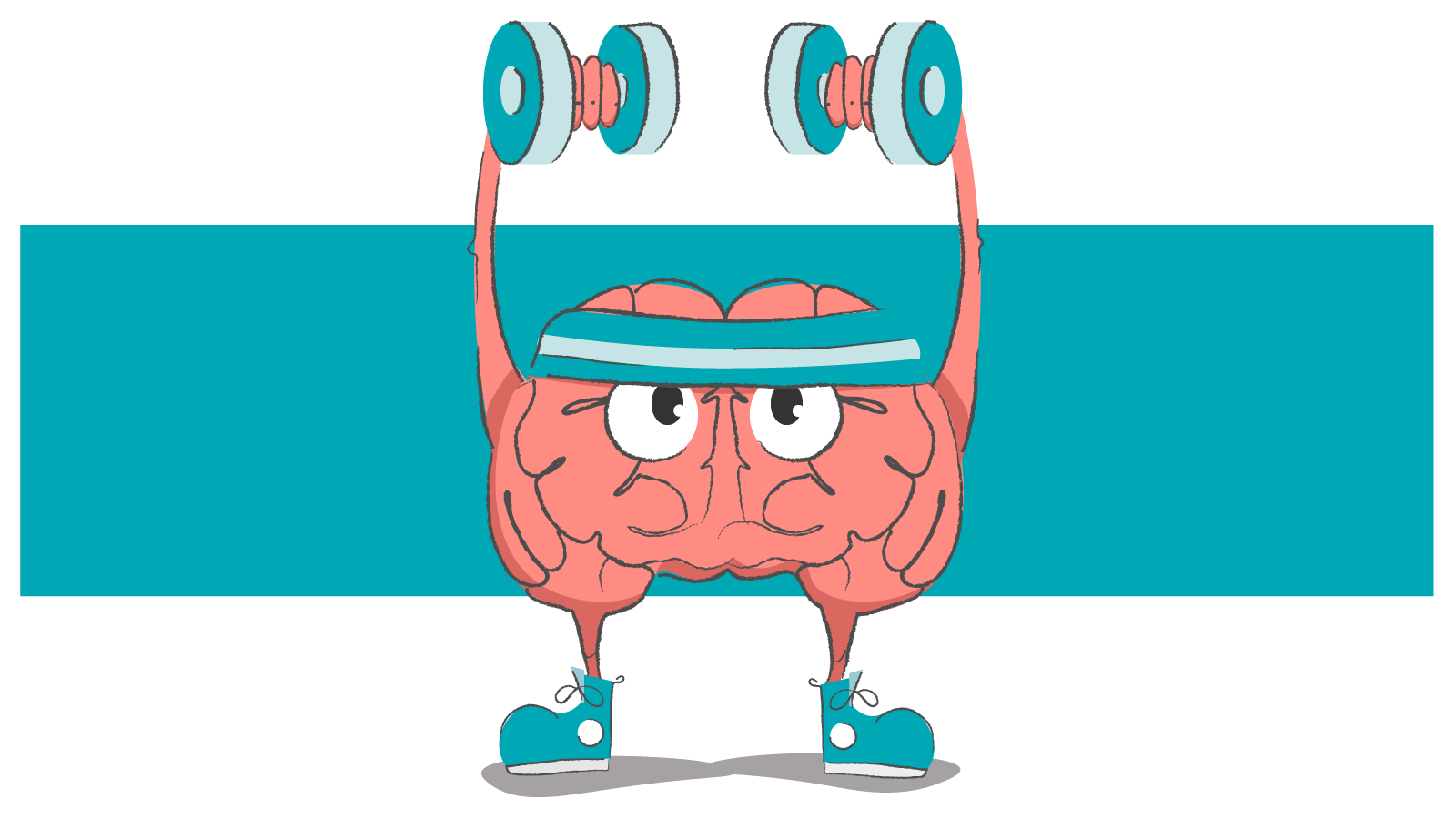Texas Child Mental Health Resources for Parents and Students
Millions of American children live with depression, anxiety, ADHD, autism spectrum disorders, Tourette syndrome or a host of other mental health...
2 min read
Healthcare Highways : Aug 02, 2021

Surveys show a major increase in the number of U.S. adults who report symptoms of stress, anxiety and depression during the pandemic, compared with surveys before the pandemic.1 Mental illness is more common than one would think; it’s the most common health condition in the United States with 1 in 5 Americans experiencing a mental illness each year.2
So, what are the causes and types of mental illnesses? What are some tips you can take right now to help improve your mental health? Lastly, at what point should you or a loved one seek professional help, and how do you do so? We'll address all these important questions below.
Seek professional help if you are experiencing severe or distressing symptoms that have lasted two weeks or more, such as:
Don’t wait until your symptoms are overwhelming. Talk about your concerns with your primary care provider, who can refer you to a mental health specialist if needed.
If you need help finding an in-network provider, the Healthcare Highways Care Coordination team will walk you through the process and answer any questions you have along the way.
If you are thinking about harming yourself or attempting suicide, tell someone who can help right away or dial 911 in an emergency. You also can call the National Suicide Prevention Lifeline (Lifeline) at 1‑800‑273‑TALK (8255), or text the Crisis Text Line (text HELLO to 741741). Both services are free and available 24 hours a day, 7 days a week. All calls are confidential.
References:
1Mayo Clinic. (Oct 15, 2020). COVID-19 and Your Mental Health.
2CDC. (Accessed Aug 2021). Learn About Mental Health.
National Institute of Mental Health. (Accessed Aug 2021). Caring for Your Mental Health.
MedlinePlus. (Accessed Aug 2021). How to Improve Mental Health.

Millions of American children live with depression, anxiety, ADHD, autism spectrum disorders, Tourette syndrome or a host of other mental health...

Mental health is not just an individual concern; it's a societal one. May is Mental Health Awareness Month in the United States. It’s a time to raise...

"Three decades of science make it clear: exercise should be integrated into prevention and treatment of mental illness and promotion of mental...